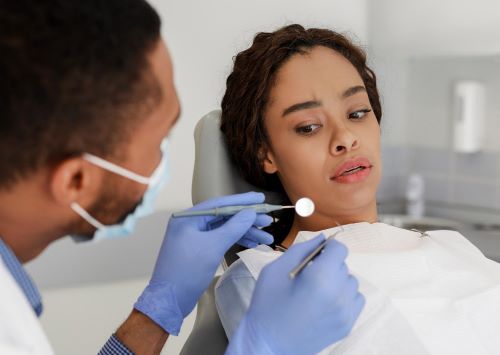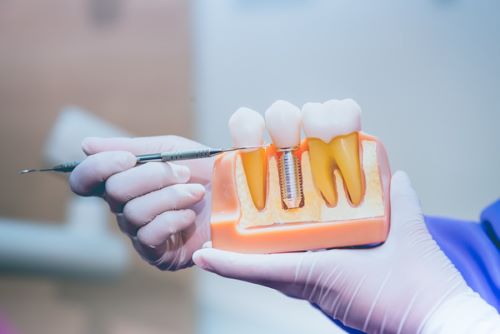Dental anxiety is a common problem that affects millions of people worldwide. For many, just the thought of going to the dentist can cause panic and distress. However, dental anxiety should not prevent you from taking care of your oral health. Here are some tips to help you beat dental anxiety:
1. Communicate with your dentist:
The first step in overcoming dental anxiety is to communicate with your dentist. Let them know how you feel, and they will help you to understand the procedures that you will undergo. Communication helps to build trust between you and your dentist and will help to ease your anxiety.
2.Practice relaxation techniques:
Relaxation techniques such as deep breathing and visualization can help to reduce dental anxiety. Take deep breaths before and during the dental procedure to calm your nerves. You can also try visualizing yourself in a peaceful place.
3.Consider sedation:
If your dental anxiety is severe, you can consider sedation dentistry. This involves the use of medication to help you relax during the procedure. Your dentist will discuss the options available and help you choose the best one for you.
4.Start small:
If you are experiencing dental anxiety for the first time, start small. Schedule a simple check-up and cleaning before undergoing any complex procedures. This will help you to build trust and confidence in your dentist.
5.Reward yourself:
Reward yourself after the procedure. This will give you something to look forward to and will help you to associate dental visits with positive experiences. Treat yourself to your favorite food or activity after the appointment.
In conclusion, dental anxiety is a common problem, but it should not prevent you from taking care of your oral health. Go from Fear to Confidence for a healthy happy smile.

















